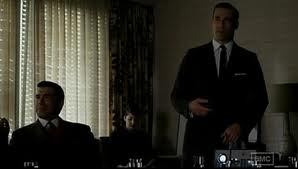Final Exam Essays
Up Against Wal-Mart by Karen Olsson
Watching TV Makes You Smarter by Steven Johnson
The Growing Backlash Against Overparenting by Nancy Gibbs
The Antidepressant Generation by Doris Iarovici
Final Exam Prompt
For this exam, you need to write an essay about the article you have chosen to work with. To do this, you need to read the article, formulate an argument, and be prepared to use examples from the text to support your claim. Make sure to use all the skills we have worked on this semester: your essay should have a solid intro and thesis, some summary and evaluation of the article, quotes and examples to support your argument, and a good conclusion that restates your main point. You may agree with the article, disagree with the article, or both agree and disagree with the article. There is no minimum page requirement, but it should be apparent from the length of your essay that you have written for most of the exam period.
Your essay should include:
➮ An intro and thesis statement that clearly tells the reader the main point of your essay.
➮ A brief summary of the article.
➮ Some evaluation of the article.
➮ Quotes and examples from the article to support your thesis.
➮ A conclusion that restates your main points and ties in to your thesis.
*If you type your essay on a laptop, you may email it to me at emilywhitby1@weber.edu. Check with me before you leave to make sure I’ve received it.



























